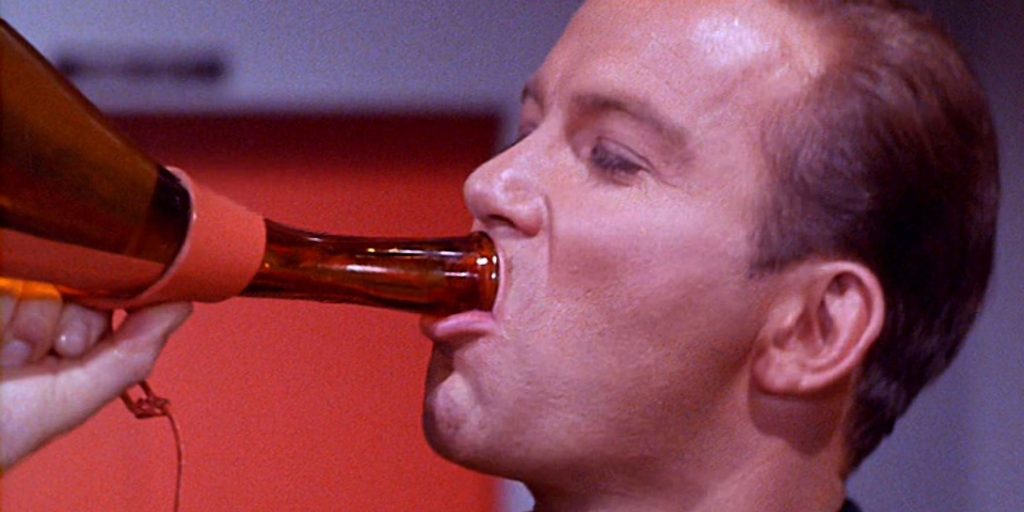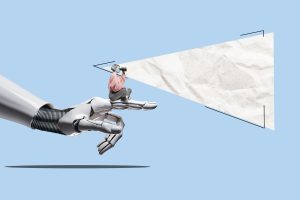Given the television standards of the 1960s, Star Trek: The Original Series was provocative by design. Gene Roddenberry created the show to tackle social and moral issues that rankled network censors by hiding them in sci-fi allegory. To highlight how evolved the crew of the USS Enterprise was, storytellers often juxtaposed them with truly awful examples of society at its worst. From the callous nature of war to the foolishness of bigoty, the series’ episodes were often emotionally heavy and relatively dark.
During its initial run and in syndication, “a top-level decision” from the BBC banned four episodes for almost 30 years “because they all dealt most unpleasantly with the already unpleasant subjects of madness, torture, sadism and disease.” The specific reasons these Star Trek episodes were banned in the UK has never officially been made clear. Still, that the BBC chose to ban these controversial Star Trek: TOS episodes is a strange bit of television history.
A Season 1 Star Trek Episode Dealt With Disease and Naughty Children
The BBC Banned This After Complaints from Viewers
|
Season |
Episode |
Title |
US Release Date |
|
1 |
8 |
“Miri” |
Oct. 27, 1966 |
The first episode the network axed was one that focused on the plight of a group of alien children on a post-apocalyptic world. Spock and Doctor McCoy discover that 300 years before the USS Enterprise arrived, the people on the planet tried to extend their lives. In a way, it worked. The kids only aged about a month every century. However, the experiment manifested as a plague in adults, leading to their violent behavior and eventual death. When the kids on the planet reached puberty, they also fell ill. Kirk and company also contracted the disease, which manifested as gross purple lesions on the body.

Related
Marvel’s Sneakiest Star Trek Easter Egg Is Way More of a Deep Cut Than Fans Realize
Agatha All Along featured pop culture references to witches, but the costume for Jennifer Kale is a Star Trek Easter egg for the actor who played her.
“I wouldn’t examine that dream [of eternal childhood] too closely, Yeoman. It might not turn out to be very pretty.” — Captain Kirk to Yeoman Janice Rand.
While the disease part of the story was intense, it wasn’t the darkest part of the episode. The children attacked Kirk and the others because of their fear of “grups” (their word for adults.) When Kirk stuns an infected child with his phaser, she dies. Kirk angrily pleads with the kids to allow the Enterprise crew to help them and stop fighting them. Cut off from the ship, McCoy creates a vaccine but worries it will kill the patient. He tests it on himself in a tense moment and, of course, it works. This episode actually aired in the UK one time, but the BBC claimed they received letters of complaint leading to the ban.
‘The Empath Centers on a Twisted Alien Experiment
A Trio of Episodes Depicted an Idea that Came From a Star Trek Fan
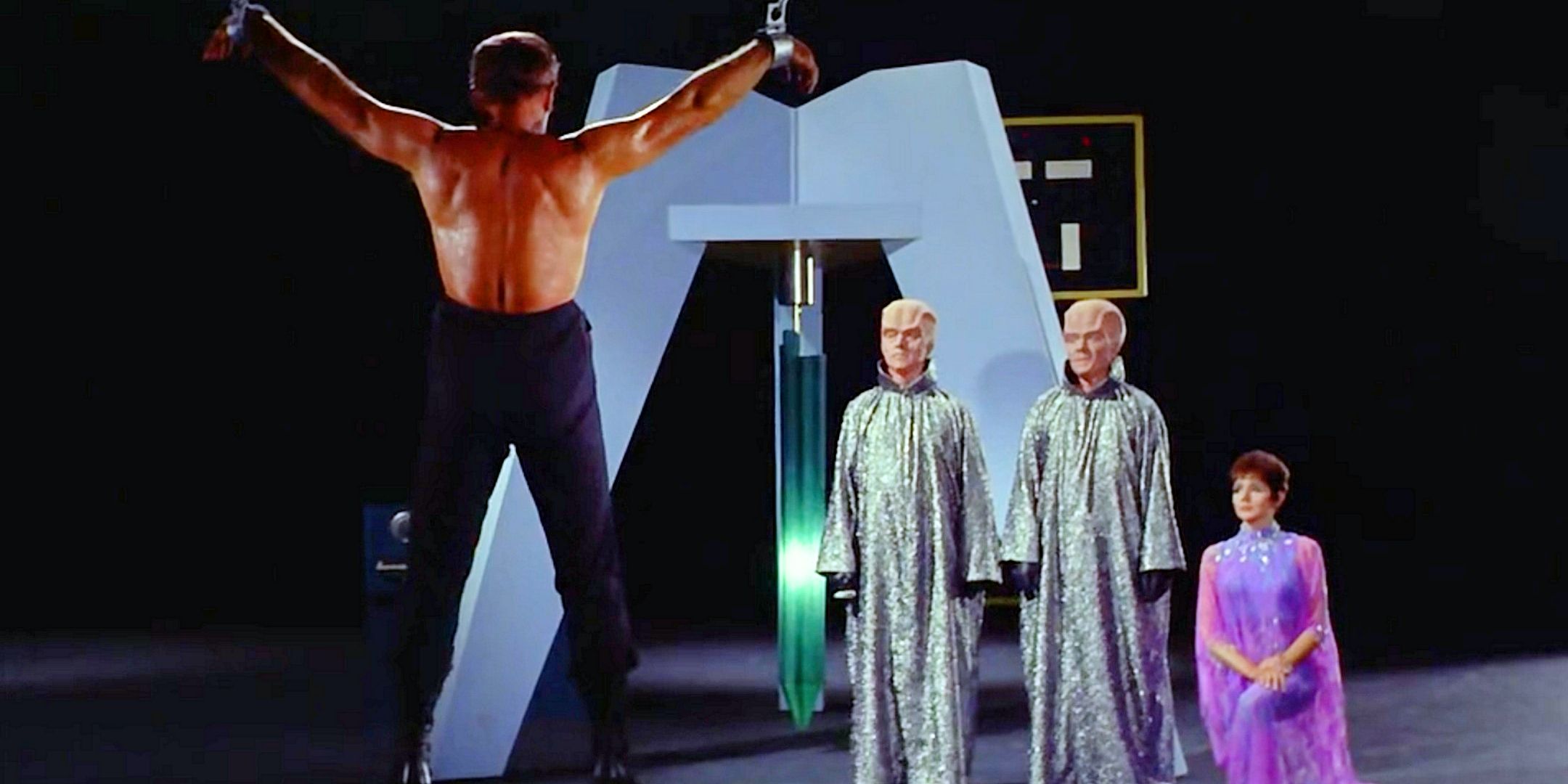
|
Season |
Episode |
Title |
US Release Date |
|
3 |
8 |
“The Empath” |
Dec. 6, 1968 |
The next episodes of Star Trek: The Original Series banned in the UK debuted in Season 3. Unlike “Miri” they never aired at all. The first was “The Empath” which is a story based in the common Star Trek premise of a technologically superior alien race behaving in ways that suggest they aren’t that advanced. Kirk, Spock and McCoy beam down to a planet to retrieve a science team before a star goes supernova. The Starfleet scientists were killed by the Vians, aliens with enlarged heads and a streak of sadism. The titular empath is a woman McCoy calls “Gem,” and the experiment is centered on her.
- The only episode where the first-act credits take place on a black background.
- Nichelle Nichols and Walter Koenig don’t appear in this episode.
- “The Empath” was released with the other banned episodes on video cassette in the UK in 1983.
- The BBC re-aired The Original Series in 1992 and 1993, and the banned episodes were finally included.
Gem can’t speak since her species doesn’t possess vocal cords, communicating through empathy. She also has the ability to heal others’ injuries but takes them on herself. In order to determine if her people are “worth” saving, the Vians torture Kirk and McCoy to see if Gem is willing to sacrifice her life for theirs. They are emotionless and sadistic in their pursuit of this experiment, which is likely the reason the BBC chose to ban the episode. Additionally, while the Enterprise heroes, Gem and her people are saved, billions of other lives are lost.
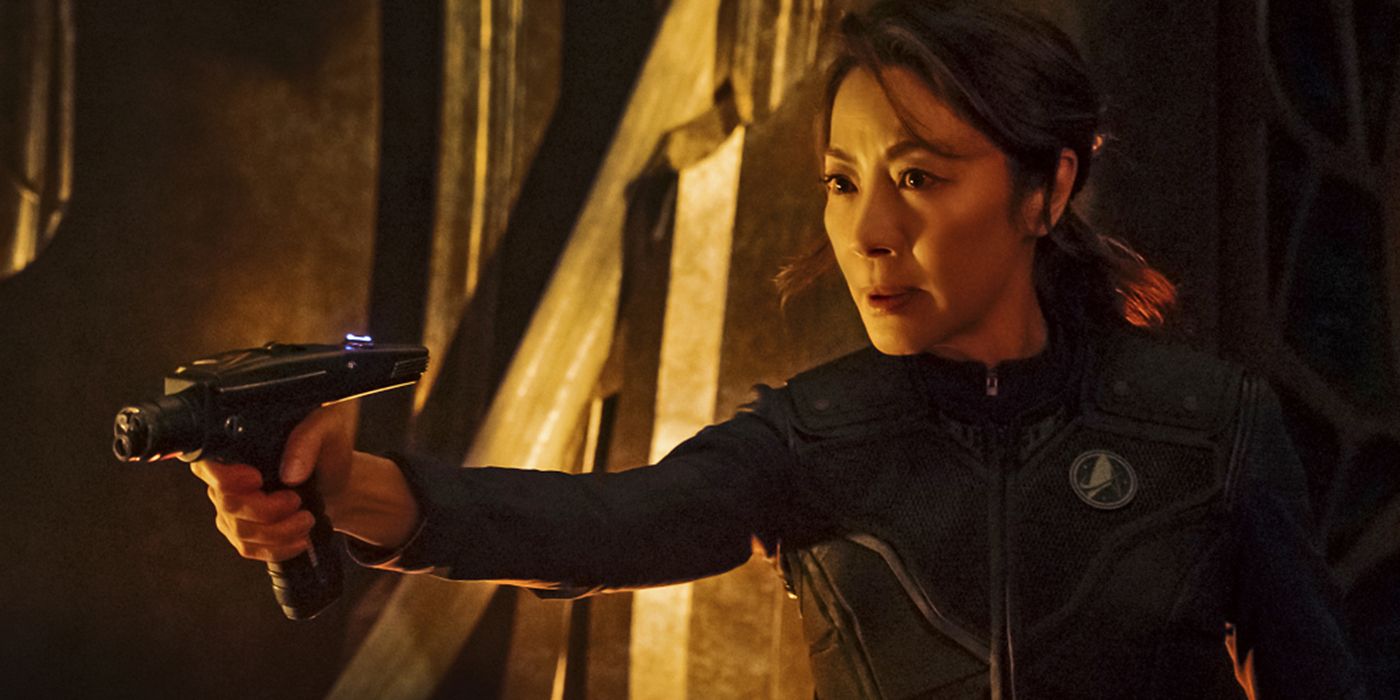
Related
Section 31 Will Shake Up Star Trek’s Status Quo, and That’s Exactly What The Franchise Needs
The new film Star Trek: Section 31 looks and feels markedly different than other previous entries in this universe, and that’s exactly what it needs.
The First Interracial Kiss Episode Was Banned, but Not For That Reason
The BBC Likely Objected to the Central Conflict In the Episode
|
Season |
Episode |
Title |
US Release Date |
|
3 |
12 |
“Plato’s Stepchildren” |
Nov. 22, 1968 |
While not really a fan-favorite episode of The Original Series, “Plato’s Stepchildren” is infamous in Star Trek history because Kirk and Uhura kiss. In the episode, the inhabitants of the planet the Enterprise visits are enamored with Ancient Greek culture from Earth and call themselves Platonians. A mineral on the planet gives them psychokinetic powers, allowing them to force people to do things they don’t want to do. The planet lacks medical professionals, so they torture Kirk and Spock to convince McCoy to stay. Later, they bring Uhura and Nurse Chapel to the surface for “entertainment.” The kiss happens during a “performance” after the Platonians forced Kirk and the others to do other demeaning and humiliating things.
While called TV’s “first interracial kiss,” that’s not entirely accurate. I Love Lucy technically earns the title, since Desi Arnaz was Cuban. In 1958, William Shatner kissed France Nyuen who identifies as Chinese on The Ed Sullivan Show. Shatner also kissed Asian actor Barbara Luna in “Mirror, Mirror.” Similarly, Nichelle Nichols shares a friendly kiss with Majel Barrett’s character in Season 1’s “What Little Girls Are Made Of.”
“Plato’s Stepchildren” is not nearly as violent as “The Empath.” In fact, one of the Platonians’ torture methods is to force Kirk to slap himself. Still, the Platonians are terribly sadistic and the very concept of their power’s ability to negate one’s bodily autonomy is terrifying. This is undercut by the silliness of the episode, not the least of which is why a group of aliens with no relationship to Starfleet would base their entire culture on the ancient Greek period on Earth. This is also one of the racier episodes of Star Trek, and that overt (for the time) sexuality likely also contributed to the BBC’s ban.
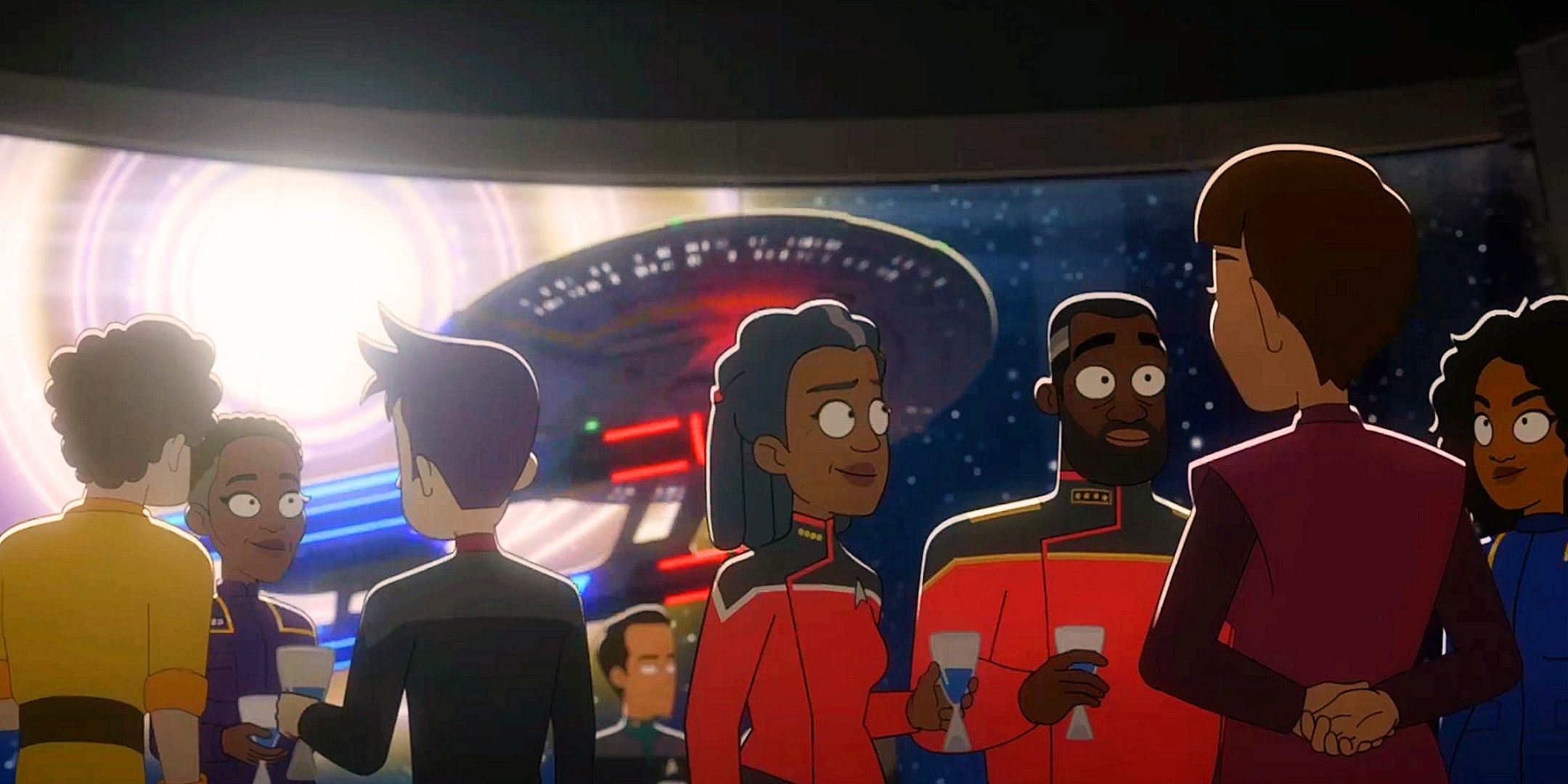
Related
I’m Convinced DC and Star Trek Proved Fans Wrong About This Sci-Fi Concept Being ‘Broken’
While some think the multiverse is an overused concept, fans of the MCU, DCU, Star Trek and other universes can use it to their advantage.
The BBC Banned One of TOS’s Most Over-the-Top Episodes
There’s a Batman and Star Trek Crossover With Actor Yvonne Craig as an Orion
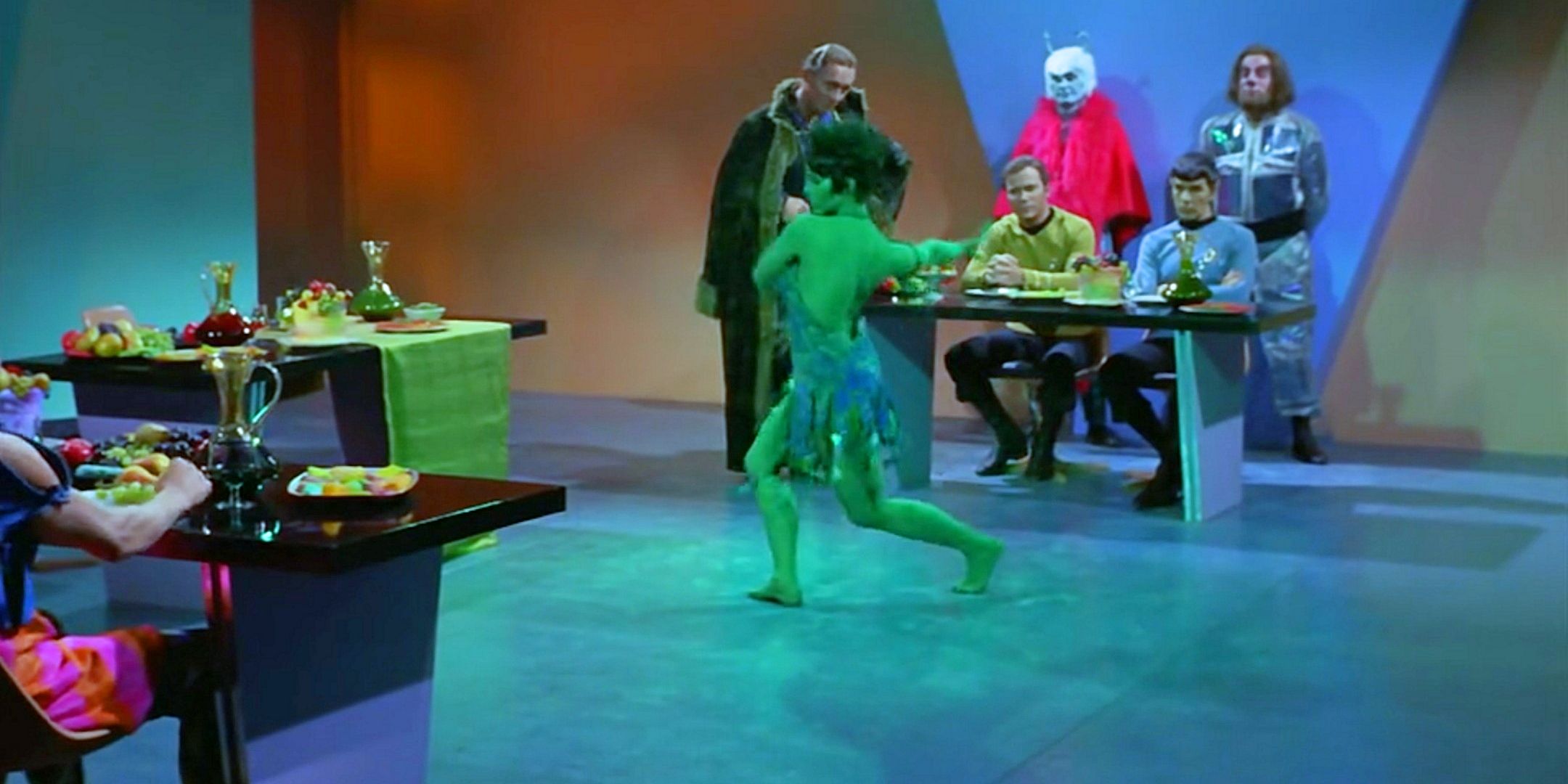
|
Season |
Episode |
Title |
US Release Date |
|
3 |
16 |
“Whom Gods Destroy” |
Jan. 3, 1969 |
The BBC banning any of the episodes is highly questionable, but the rationale makes some degree of sense. Still, it’s hard to justify the banning of The Original Series episode “Whom Gods Destroy.” While the antagonist uses a torture device, it’s far less graphic than the ones used in the first-ever Mirror Universe episode. Batman actor Yvonne Craig guest stars as Marta, a scantily clad Orion who does a very provocative dance.
Notable Batman 1966 Actors in Star Trek
- Lee Merriweather
- Frank Gorshin
- Julie Newmar
- Joan Collins
- Terri Garr
- Sid Haig
- Ted Cassidy
- Roger C. Carmel
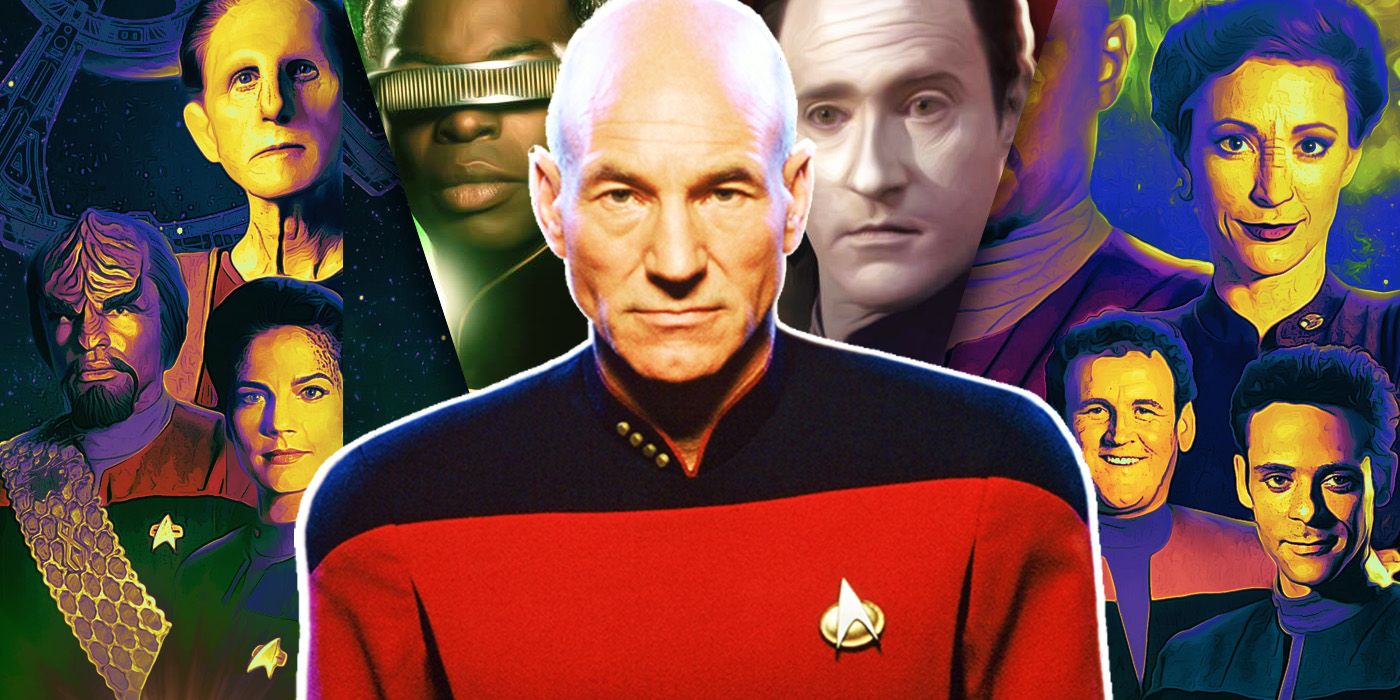
Related
Lost’s Best Episode Has a Sneaky Star Trek Connection Most Fans Missed
Lost Season 4 introduced “The Constant,” and Desmond Hume’s story mirrors a time-traveling adventure had by Captain Jean-Luc Picard in TNG.
The reason this episode was banned is truly baffling, because its depiction of violence and overall content is as cartoonish as anything in The Animated Series. The BBC ban of “Whom Gods Destroy” and the other three episodes persisted until the mid-1990s. It seems the primary concern was younger viewers seeing content deemed inappropriate. Perhaps the BBC felt that Star Trek: The Original Series was a children’s show like its own Doctor Who. While the show was appropriate for kids in any era, the primary audience was intended to be adults.
Star Trek: The Original Series is available to own on DVD, Blu-ray, digital and streams on Paramount+ and Pluto TV.



